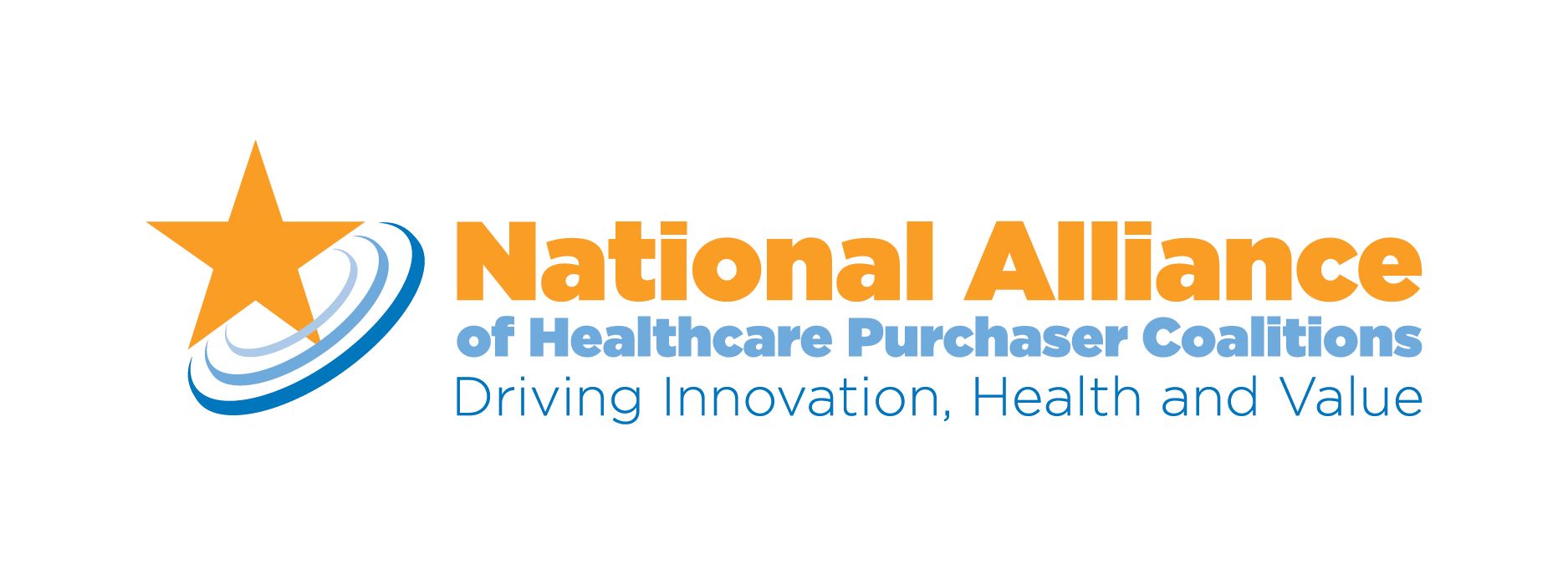
How Employers Think About Addressing Rising Prices of Health Insurance

To address rising prices of private health insurance, employers are considering several strategies, including narrow networks and decreased reliance on intermediaries.
To address rising prices of private health insurance,
Transcript
AJMC®: Hello, I'm Matthew Gavidia. Today on the MJH Life Sciences’ Medical World News, The American Journal of Managed Care® is pleased to welcome Elizabeth Mitchell, president and CEO of the Pacific Business Group on Health.
Based on the
Mitchell: This is just quantifying what we've known for decades–proving in theory what we know, happens in practice. It is very important, though, because it does quantify it and they charge more because they can. They are getting as much as they can out of private purchasers. Frankly, the intermediaries who have been acting on the employer's behalf have failed to control costs, and it's not sustainable.
If I were speaking to large health systems, I guess I would just ask, at what point do you take it upon yourselves as a professional obligation or community obligation to moderate your prices, because the economic pressure on employers and families during and post-COVID-19 is extraordinary. Employers are trying to put money back into their core business and preserve jobs and increase wages, and the health systems just seem to be price gouging as long as they can get away with it.
So, I guess I would just say it's a known dynamic. It is increasingly challenging, and employers are looking for ways to basically go direct to providers and get around some of these problems.
AJMC®: To build on that, how can employers leverage this information to better construct their health plans?
Mitchell: So, one of my board members about a week ago said: we now have an obligation to do narrow networks. Choice has always been a driver in benefit design, and there is a growing recognition that quality is so variable, and price is so variable that they are seeing it as their obligation to narrow networks to only high quality, high value providers.
So, it's a real shift in thinking, and I think you're going to see more and more of that. They're not relying on intermediaries to do it for them. They are looking to basically take it on themselves to understand the quality. Not everyone can do this. This is a big lift, and remember, purchasing health care is not their day job. They build computers, they build airplanes, they sell groceries, and yet they are bearing the brunt of the costs of the US health care system. So, they are looking to us to partner to identify how to find the highest quality providers and work directly with them.
AJMC®: As these findings come from RAND’s 2.0 study, with a 3.0 study currently in the works, what factors will the Pacific Business Group on Health be monitoring and looking forward to seeing for the next study?
Mitchell: Well, I will say that many of our members who had wanted to participate in 2.0, were actually blocked from doing so by their health plans. Their health plans wouldn't let them share the data. When you think about that, it’s pretty outrageous, because it's their data, but there, I think, will be growing participation to get even better insight and a more comprehensive picture.
I think you'll see them ready to act on it. I think one question is, if there is a public option or any other sort of major developments on the policy front, will that shift costs even further? So, higher prices on a smaller percentage of the market–that's something that we are also looking at, what's going to happen depending on where the federal government goes, but again, they are committed to purchasing health care that truly enables the health of their employees.
Our members spend collectively 100 billion dollars a year for over 15 million Americans. They are committed to their health and well being. They are trying to, for example, identify and purchase optimal mental health care. They know they have to take on social determinants. They know they have to intervene in the market on their employees behalf and I think they will only be sort of more creative and more assertive going forward.
AJMC®: Lastly, do you have any other concluding thoughts?
Mitchell: I will say, overall, employers, given the pressures of the pandemic, the economic pressures on their core business, are prepared to do things they haven't been before.
Disruption of employees has always been a major concern, but there are ways to identify and buy top quality health care that they are looking at now that will be new and disruptive in the market. I think there is also just disappointment that the industry didn't fix itself, and frankly, things are getting worse for employers, not better. So, they are going to take an increasing leadership role in driving transformation.
AJMC®: To learn more, visit our website at ajmc.com. I’m Matthew Gavidia, thanks for joining us!
Newsletter
Stay ahead of policy, cost, and value—subscribe to AJMC for expert insights at the intersection of clinical care and health economics.









